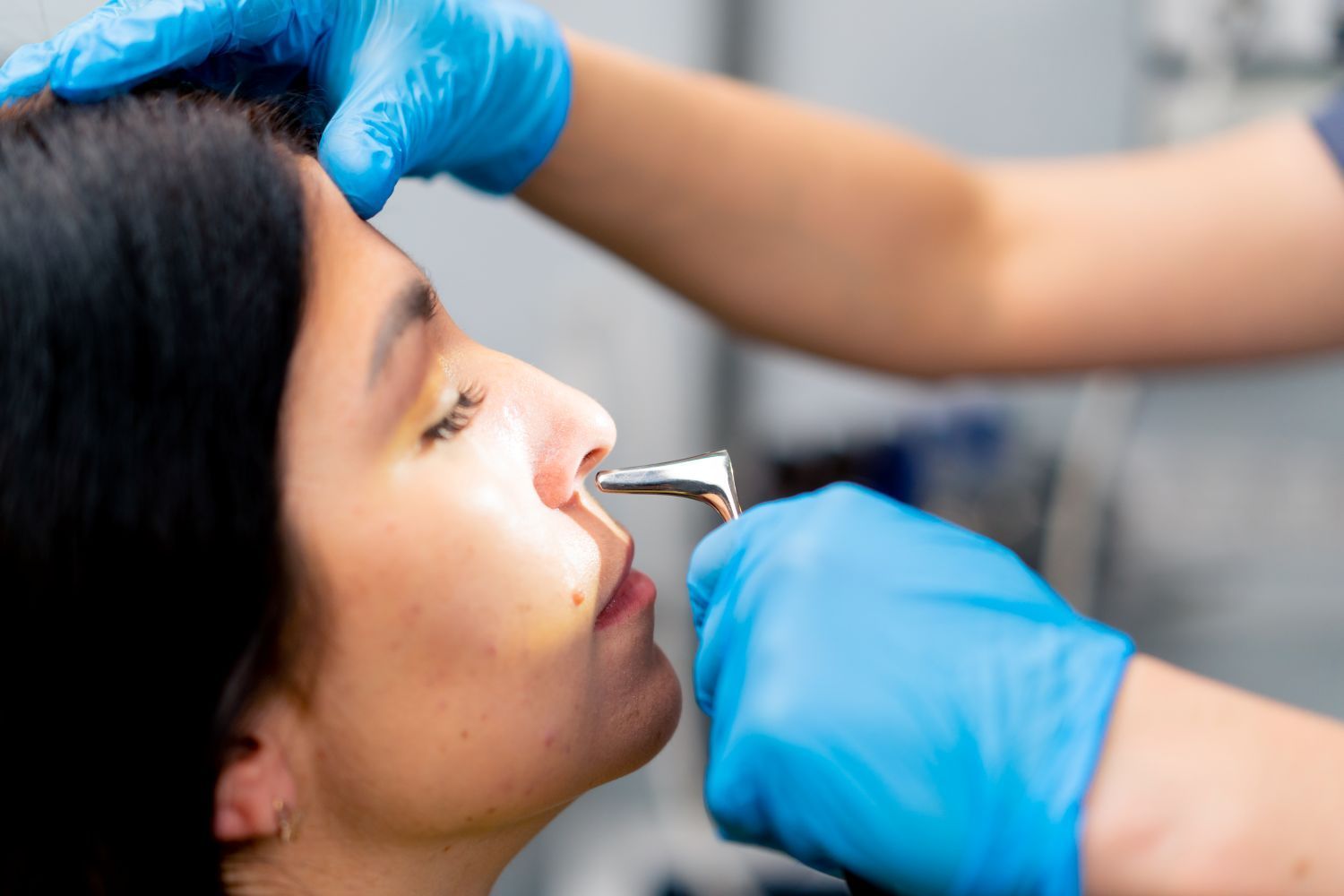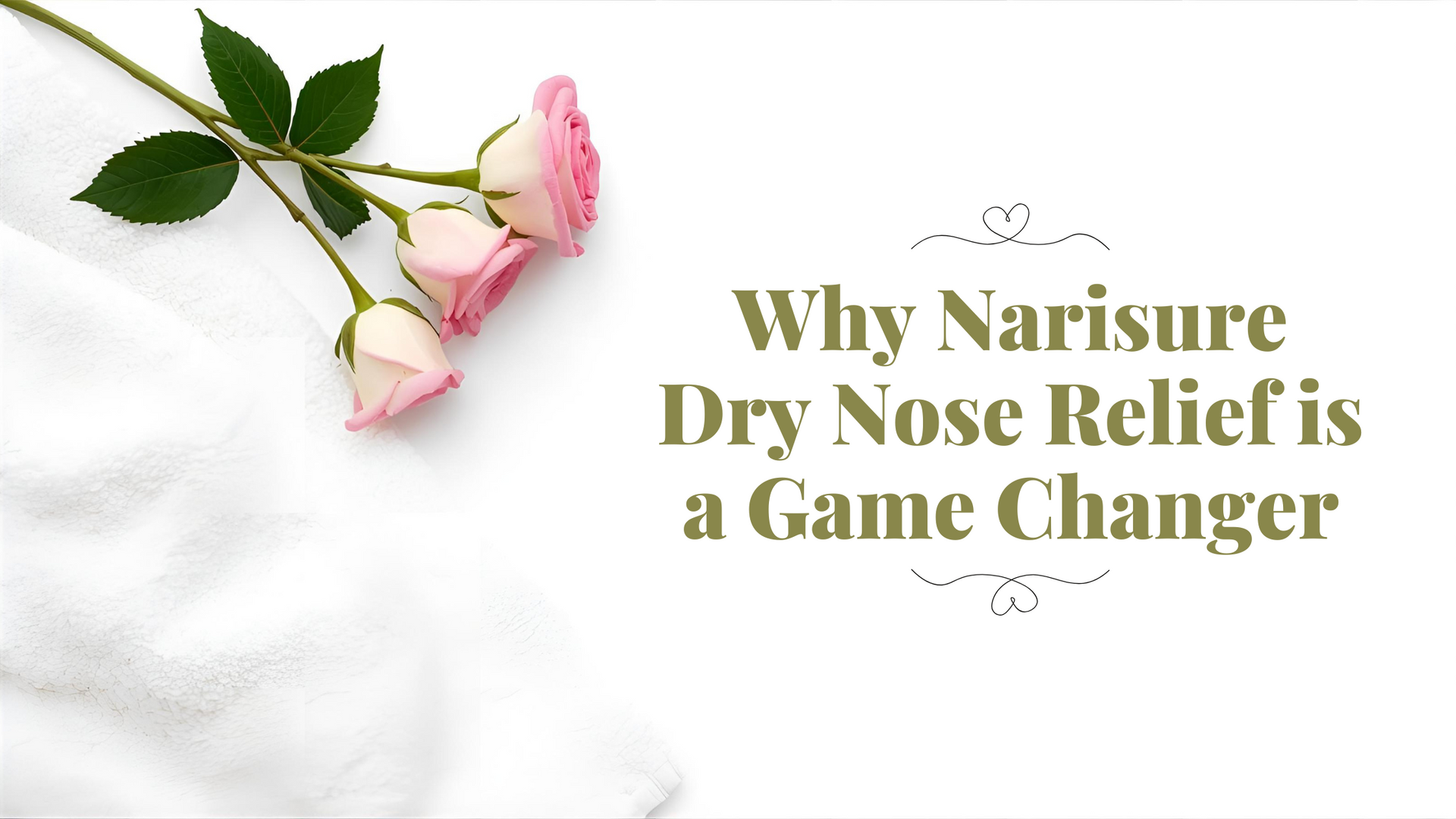Is It Better to Take an Oral Decongestant or a Spray for Sinusitis?
When trying to find relief for nasal congestion related to sinusitis, two main types of decongestants are available: oral and nasal spray. But which one is better for you?

Sinusitis is a common condition that affects many people, causing symptoms like nasal congestion, pressure in the sinuses, and a runny nose. Nasal congestion can be a particularly bothersome symptom. Read on for a detailed comparison for the two types of decongestants.
Oral Decongestants
Oral decongestants usually come in pill or liquid form and are designed to reduce swelling in the nasal passages, thereby relieving congestion. They work by constricting blood vessels throughout the body, which includes those in the nasal passages.
However, because they affect the entire body, oral decongestants can have more systemic side effects. These can include high blood pressure, insomnia, irritability, and other symptoms. People with certain health conditions, such as heart disease or hypertension, should be particularly cautious. For more on the side effects of oral decongestants, the Mayo Clinic offers valuable insights.
Nasal Spray Decongestants
Nasal spray decongestants provide quick relief by shrinking the blood vessels directly in the nasal passages. This localized approach tends to limit the side effects to the area of application, which can be a significant advantage.
However, using a nasal decongestant spray for more than three consecutive days can lead to rebound congestion, when nasal passages become more swollen than before after the medication wears off. This condition is known as rhinitis medicamentosa and can be quite uncomfortable. It's important to understand the risks of topical nasal decongestant sprays before deciding to use them.
So, Which Is Better?
The choice between an oral decongestant and a nasal spray depends on your specific symptoms, medical history, and preferences. If you're dealing with high blood pressure or can't tolerate the systemic effects of oral decongestants, a nasal spray might be the better option – as long as it's used correctly and for a short period. It is my experience that the nasal spray decongestant has a much more pronounced effect on opening the nasal passages.
If you have chronic sinusitis or recurring issues, it might be time to consider other treatment options, such as sinus surgery, especially if medication isn't providing the relief you need.
Need Professional Advice?
If you're dealing with chronic sinusitis and need expert advice, schedule an appointment with fellowship-trained rhinologist, Dr. Thomas Higgins, MD, MSPH, MBA. With locations in Louisville, KY, and Jeffersonville, IN, Dr. Higgins specializes in treating sinus conditions and can help you find the best treatment plan tailored to your needs. Don't let sinusitis control your life; get professional help today by visiting our appointment page.















